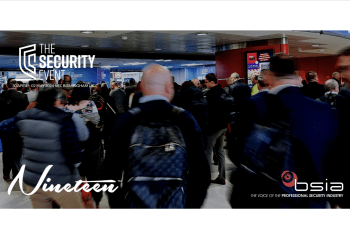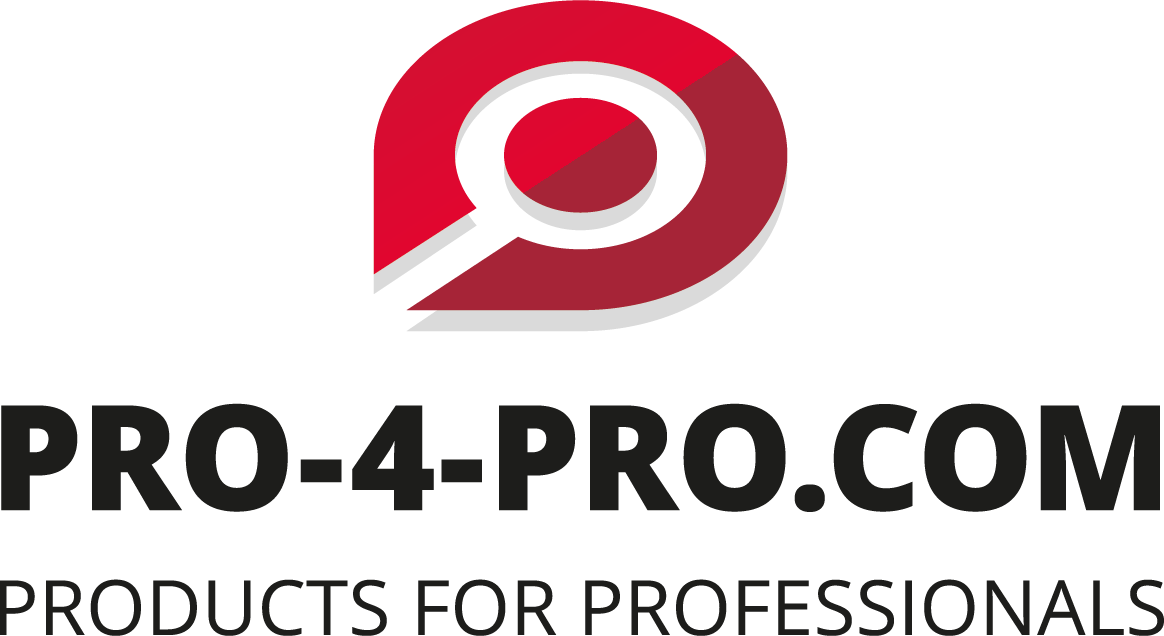Work-related stress - EU-OSHA campaign calls on employers and workers to tackle it together
07.04.2014 - Today in Brussels the European Agency for Safety and Health at Work (EU-OSHA) launched a two year Europe-wide campaign: 'Healthy Workplaces Manage Stress'. The prevalence of work-r...
Today in Brussels the European Agency for Safety and Health at Work (EU-OSHA) launched a two year Europe-wide campaign: 'Healthy Workplaces Manage Stress'. The prevalence of work-related stress in Europe is startling. EU-OSHA's latest pan-European opinion poll revealed that 51 % of workers find work-related stress to be common in their workplace and 4 in 10 workers think that stress is not handled well in their organisation. However, together employers and workers can successfully manage and prevent work-related stress and psychosocial risks; the Healthy Workplaces Campaign aims to help companies do just that.
The campaign launch brought together EU Commissioner for Employment, Social Affairs and Inclusion, László Andor; Greek Deputy Minister for Labour, Social Security and Welfare, Vasilis Kegkeroglou, representing the Greek EU Council Presidency, and Director of EU-OSHA, Dr Christa Sedlatschek. They called on Europe's enterprises (both private and public) to recognise the need to tackle work-related stress. By doing so, they will be protecting their workers' health and their organisations' productivity.
Commissioner Andor said: "Managing work-related stress is one of the cornerstones in ensuring the health, safety and wellbeing of European workers. Workplaces cannot afford to ignore work-related stress, which increases absenteeism and lowers productivity. The forthcoming EU Strategic Framework on Health and Safety at work 2014-20 will underline that better protection of workers' mental health is a key factor to prevent work-related diseases. The Framework will propose a range of actions, such as sharing good practices, for promoting mental health at work. A positive working environment is not only important for enabling employees to work longer, it is also important to ensure that when workers do retire, they are still in good health. I am convinced that the new EU-OSHA campaign on stress and psychosocial risks at work will greatly contribute to this objective".
'The Healthy Workplaces Manage Stress Campaign 2014-15 is an excellent opportunity to promote the need for European workplaces to effectively tackle psychosocial risks and work-related stress,' added Mr Kegkeroglou. 'The campaign provides the required support and guidance to employers, managers, workers and their representatives.'
Dr Sedlatschek spoke about the aims of the campaign:'Despite the increasing presence and costs of workplace stress, there is still significant misunderstanding and sensitivity around it - EU-OSHA's ESENER survey found that over 40 % of employers consider psychosocial risks more difficult to manage than 'traditional' occupational safety and health risks. With this campaign, we want to raise awareness of the problem and provide support to manage psychosocial risks. Work-related stress is an organisational issue and should be tackled as such by employers and workers working together.'
The Healthy Workplaces Campaign seeks to show how psychosocial risks can be handled in the same systematic way as any other occupational safety and health risk. It aims to promote the use of simple tools which can help organisations to effectively manage these risks and highlight the positive effects of doing so.
The campaign invites all organisations and individuals at local, national and European levels to take part. It will be coordinated at national level by EU-OSHA's national focal points in more than 30 European countries, and supported by official campaign partners - pan-European and multinational organisations and the campaign media partners. The Healthy Workplaces Campaign is also backed by the EU Council Presidencies, the European Parliament, the European Commission and the European social partners.
'Healthy Workplaces Manage Stress' will run for two years and will involve hundreds of organisations from across Europe, involving a range of activities such as training sessions, conferences and workshops, poster, film and photo competitions, quizzes, suggestion schemes, advertising campaigns and press conferences. A key activity in the campaign calendar is the European Good Practice Awards, to be launched on 15 April. Applications are encouraged from all European organisations who are successfully implementing measures to reduce and eliminate stress.
Read more in the Campaign Guide and visit the Healthy Workplaces Campaign website to download all official campaign material in 25 languages and learn about campaign events happening across Europe.
Watch the press conference launching the Healthy Workplaces Campaign on the EbS Channel and keep up to date with the campaign by following the hashtag #EUmanagestress on Twitter.








